Has anyone told you that fast Charging is bad? And now, because of it, you have been thinking, “is fast charger bad for battery“. So to solve your doubt we have put everything in one place.
A fast charger won’t affect your phone’s battery over the long run unless there is a technical problem with the battery or Charging circuits. To know more about it, keep on reading.
Fast Charging is quickly becoming the norm for smartphones, electric cars, computers, and other devices. It is practical since it allows you to charge your car or gadget faster than you would normally. Although quick Charging is great, does it shorten battery life in any way? Are rapid chargers harmful to your phone, too? Let’s simplify things for you: “is fast charger bad for battery.”
See Also: Charging Booster Apps For Android | Top 14
Table of Contents
What Do You Mean By Fast Charging?
By the use of fast Charging, you may recharge your gadget much more quickly than usual. The built-in charging circuit determines if your smartphone or other gadget supports Rapid Charging.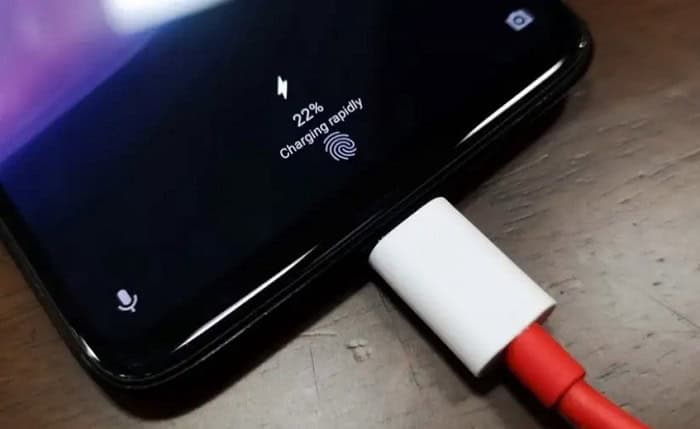
There is a limit to how much electricity your device can use from the Charging circuit. Because of this, it won’t necessarily charge any faster if you plug your device into a fast-charging brick.
Each time you feel like your battery needs a boost, it is simpler to top it off, thanks to fast Charging. Fast Charging is much more crucial than ever because of how much time we spend using our gadgets and how a single charge can no longer last all day.
Now let’s get into your doubt “does fast charging affect the battery life.”
Fast Charging Won’t Damage Your Battery
A fast charger won’t affect your phone’s battery over the long run unless there is a technical problem with the battery or Charging circuits. So we hope you know the answer to “is fast charger bad for battery“.
This is why. Batteries that charge quickly operate in two stages. The empty or almost empty battery is subjected to a voltage surge in the first phase. As a result, you get that fast charge of 50% – 70% for the initial 10 or 30 mins. This allows batteries to swiftly acquire a charge during the initial Charging stages without suffering serious long-term consequences.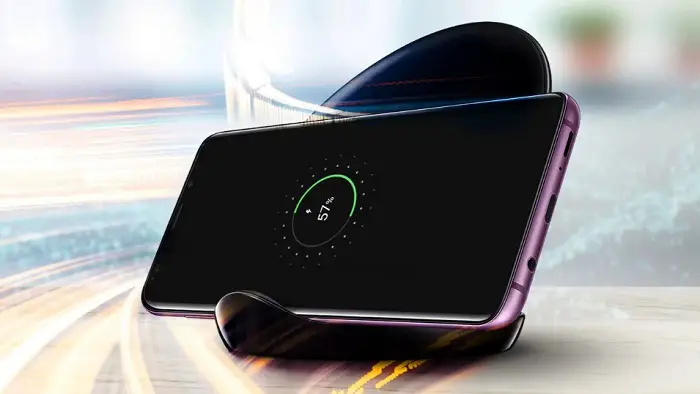
For instance, Samsung claims their 45-watt charger can charge a device from empty to 70% in 30 minutes. According to Apple, the fast charger with the iPhone 11 Pro can reach a 50% charge in just thirty minutes.
Do you know how charging the first 70% or 80% of a battery takes longer than charging the final 20% or 30%? The next Charging phase serves as the final and requires careful speed management by phone manufacturers to avoid damaging the battery.
Your Phone’s Battery Cannot Be Overcharged
Do you know what can damage the battery? Overcharging can! Not your doubt “is fast charging bad for the battery” will. Phone users used to worry about their phones being overcharged.
The worry was that leaving a phone plugged in all the time may overcharge the battery, making it unstable, reducing overall battery life or producing too much internal heat, making the battery explode or catch fire.
But, the professionals we spoke with said that a battery’s management mechanism is made to stop the electrical current when one battery is fully charged to 100%, preventing overcharging.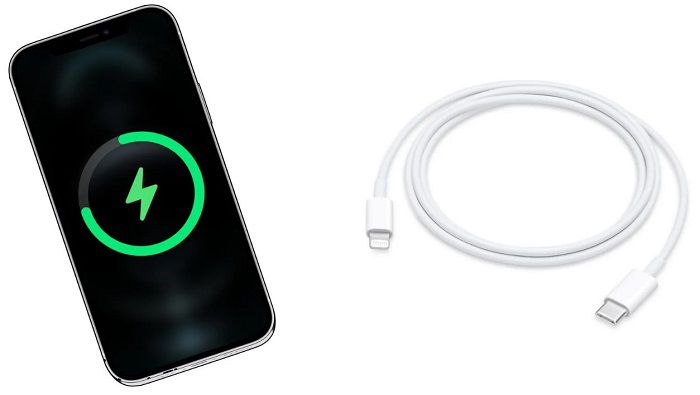
When approaching a 100% charge, remember that you can put a battery under strain. With the iOS 13 operating system, Apple takes a creative method to solve this issue.
By charging the iPhone battery to 100% without causing long-term harm. Check this out to fix your iPhone won’t charge problem. Also, if you use iPhone 14, then you can charge iPhone 14 with old chargers as well. But for that, you have to take some measures.
So don’t worry if you think, “Will using a fast charger damage my phone” as it won’t. Just do not do what is mentioned in this article.
Suppose you usually plug in your iPhone throughout the day or while you sleep. In that case, you may enable an iOS 13 battery feature called Optimal Battery Charging, which will keep track of your charging schedule and maintain the iPhone’s phone battery at 80%, maintaining it away from the stress zone.
After that, it will finish charging your phone 100% before you normally unplug it. For those who have a consistent charging schedule, this works well.
You can manually disconnect your phone when it reaches 80% charge. However, the trade-off is that you’ll lose a few more hours of use than you would receive with a full-battery phone.
See Also: Charging Booster Apps for Android | Top 14
Don’t Let Your Battery Completely Run Out Of Power
You might have formerly desired to periodically let your phone completely drain to aid the battery in recalibrating its charge level. Yet given the state of current phone batteries, that isn’t as much of an issue.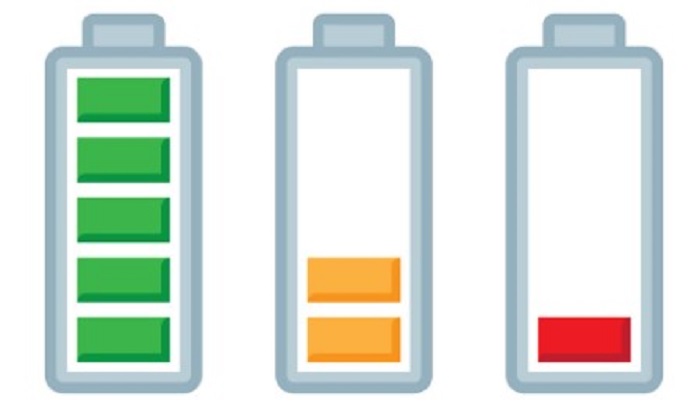
In actuality, fully draining a battery can result in chemical processes that, over time, can reduce a battery’s lifespan. A battery’s control system has safety mechanisms that turn off a phone when its energy level is above empty to prevent a total drain. When you get the last low-battery alert, you only believe you have reached zero.
If you wish to play a more active role in the health of your battery, plug in the smartphone whenever the remaining battery level reaches about 30%, which is far above the worryingly low battery levels. So no on to your doubt on “does super fast charging reduce battery life“.
See Also:
High Temperatures May Harm Your Battery
Your battery’s worst enemy is heat. It is well known that high temperatures shortens a battery’s life lifetime over time.
To avoid overheating, which can gradually reduce battery life, keep your phone out of direct sunlight, away from window sills, and away from your vehicle’s dash. A battery that has reached a dangerous temperature may explode.
Your Battery Won’t Be Harmed By Improper Chargers And Cords
You are getting a gist on “does fast charge damage the battery“. Mixing and matching cords and chargers won’t destroy your battery unless you use fake or broken chargers and cables.
But if you don’t use the ones supplied with the smartphone, you might not be charging as rapidly as you should be.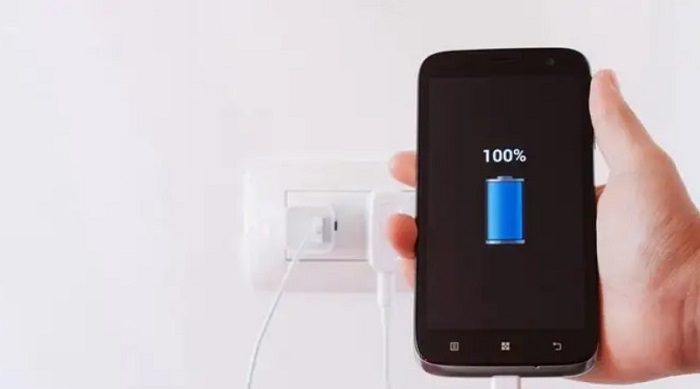
Certain phones, like those made by Huawei and OnePlus, have a unique charging system in which a portion of the circuitry needed for quick Charging is integrated into the charger.
You must use a charger that is compatible with the smartphone if you want to benefit from its quick charging capabilities fully.
Some phone manufacturers, like Samsung and Apple, adhere more closely to the guidelines established by the industry for fast Charging and allow you to efficiently fast-charge your device using a range of adapters and cables.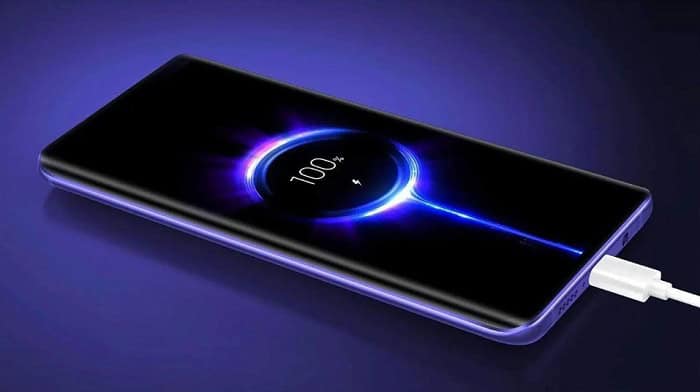
The best option is to utilize the chargers and cords included in the package because switching around different chargers.
And cables may cause your phone to default to the slowest Charging speed. In your doubt, this was everything to let you know: “is fast charger bad for battery“.
See Also: Battery Won’t Charge to 100 on Android: Quick Solutions
FAQs:
Does everything charge more quickly on a fast charger?
A fast charger provides more power than a standard charger. Consequently, it takes less time for your battery to charge completely. With an 18W charger, you can charge your smartphone completely in half the time it takes with a 12W charger.
Do I need to use a quick or slow battery charger?
As slow Charging uses low voltage. And gives adequate time for ion stabilization. But most experts concur that it is still the optimum method for charging an EV. Fast Charging is occasionally necessary to finish a trip, but it won't significantly affect the battery's health.
Does using a rapid charger reduce battery life?
Rapid Charging isn't always detrimental to your phone. The heat that a quick charge produces is the danger. The performance of your battery might be hampered by heat. Resulting from overcharging or putting the phone in a hot car. In dire situations, the batteries can potentially enlarge or blow up.
What drawbacks exist with quick charging?
Fast-charging batteries present a challenge. Because thicker middle separators are required to maintain battery stability at high charging rates, which reduces battery capacity. The actual battery capacity or battery density decreases.
Conclusion
You may extend the life of your battery by employing standard energy-saving techniques, including reducing the brightness of your display and disabling Wi-Fi.
And Bluetooth when not in use, placing restrictions on background data consumption, and paying close attention to apps that utilize GPS.
However, the reality is that phone batteries have a limited lifespan, regardless of our level of caution.
The key is to maximize the number of months we can use the battery without worrying about its charge all the time. So we hope this article solves your doubt on “is fast charger bad for battery“.


